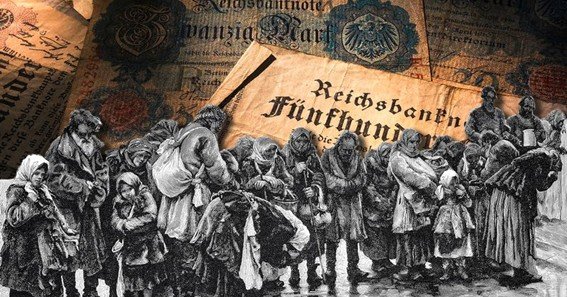When asking why are liberalism and emperialism important, we delve into two powerful and historically significant ideologies that have shaped nations and influenced global interactions. Liberalism, as a political philosophy emphasizing individual rights, democracy, and free markets, and imperialism, as the practice of extending a nation’s power and influence, both continue to impact political structures and societal values today.
Understanding their origins, evolution, and current manifestations can offer deep insights into modern global politics and the challenges of international relations.
The Historical and Contemporary Importance of Liberalism and Imperialism
Liberalism: Championing Individual Rights and Democratic Governance
Liberalism emerged as a response to the rigid hierarchical structures of traditional monarchies and aristocracies. Its core principles—individual freedom, equality before the law, and the protection of human rights—have driven significant political reforms worldwide. By advocating for representative democracy, free trade, and the rule of law, liberalism has been instrumental in shaping modern political institutions.
Its influence is evident in the formation of democratic states, the establishment of civil liberties, and the promotion of social justice reforms that continue to resonate with contemporary societies.
Imperialism: Expansion, Influence, and Global Interactions
Imperialism, on the other hand, has played a crucial role in shaping the geopolitical landscape. Historically, imperial powers expanded their territories through colonization, trade, and military conquest, significantly affecting the cultures, economies, and political systems of colonized regions.
While often associated with exploitation and conflict, imperialism also facilitated the spread of technologies, ideas, and administrative practices that have contributed to global development. Today debates around neocolonialism and cultural imperialism continue to highlight the enduring impact of imperialist policies on global power dynamics.
Intersections and Legacies
The interplay between liberalism and imperialism is complex. While liberal values have promoted democratic ideals and human rights, imperialist practices have sometimes undermined these principles through domination and cultural suppression.
However, the legacy of both ideologies is evident in the modern world—from the democratic institutions that encourage individual freedoms to the ongoing debates about the responsibilities and repercussions of global power imbalances.
FAQs
Q1: Why are liberalism and imperialism important in modern society?
A: They are important because liberalism underpins many democratic systems that prioritize individual rights and freedoms, while imperialism has shaped global power structures and continues to influence international relations and cultural exchanges.
Q2: How has liberalism influenced governance worldwide?
A: Liberalism has promoted the development of representative democracy, the rule of law, and market economies. These principles have led to widespread political reforms, the protection of civil liberties, and the establishment of institutions that support free and fair societies.
Q3: In what ways has imperialism impacted global development?
A: Imperialism has historically driven territorial expansion, which facilitated cultural exchange, the transfer of technology, and the creation of global trade networks. However, it has also resulted in exploitation and conflict, leaving a complex legacy that continues to affect former colonies and international power relations.
Q4: Can liberalism and imperialism coexist in contemporary politics?
A: Yes, they often intersect. Many modern states strive to uphold liberal democratic values while grappling with the historical and ongoing impacts of imperialism. This coexistence creates dynamic debates about national sovereignty, global responsibility, and cultural integration.
Q5: Why is it important to understand the history of these ideologies today?
A: Understanding the history of liberalism and imperialism is crucial because it helps explain current political and social structures, informs debates on globalization and human rights, and provides insight into how past practices continue to shape modern international relationships and domestic policies.










